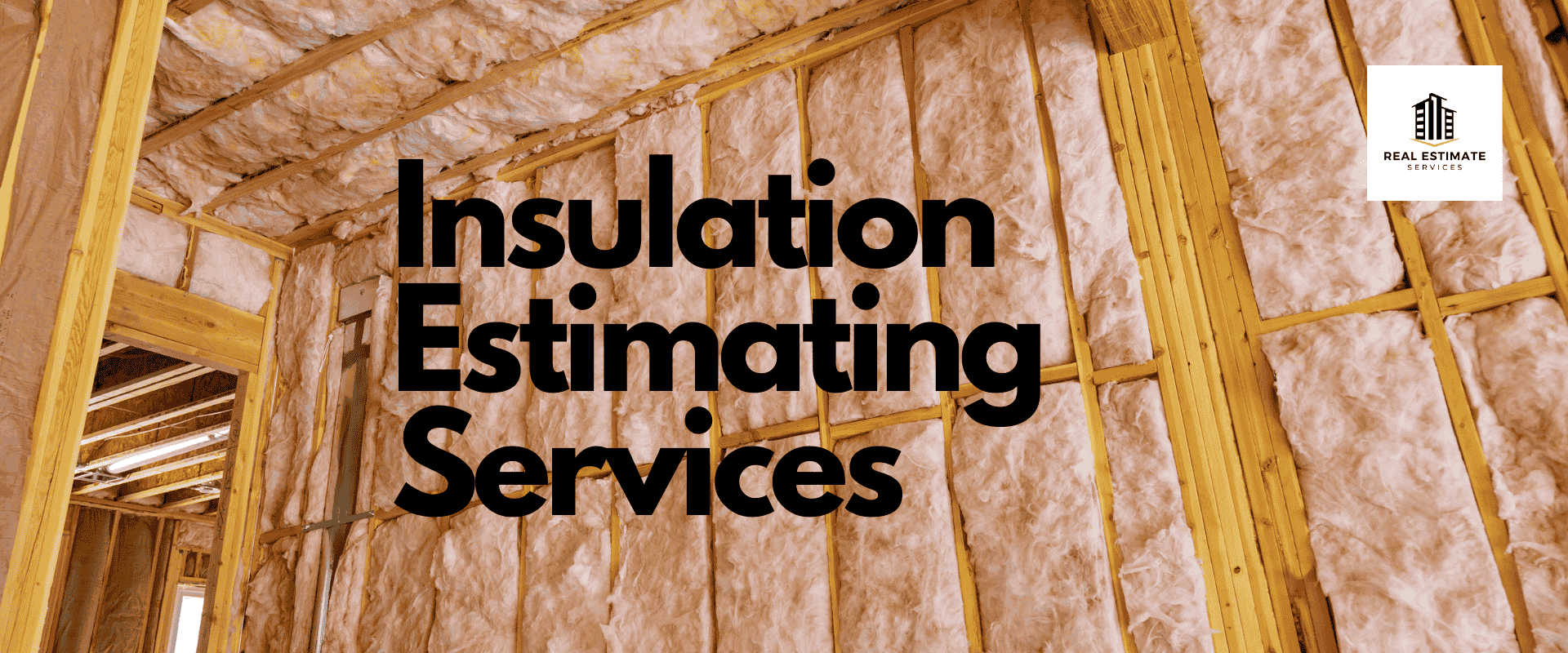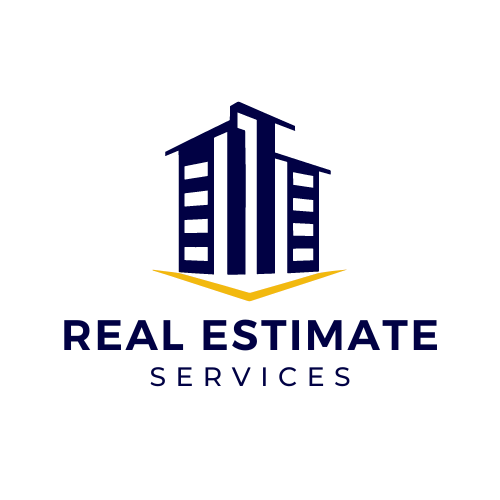QUICK TURNAROUND TIME WITHIN 12 HOURS!

Insulation Estimating Services: Optimize Energy Efficiency and Cost Savings
Proper insulation is vital for energy efficiency, indoor comfort, and compliance with building codes. However, inaccurate estimates can lead to under-insulation (higher energy bills) or over-spending on excess materials. Professional insulation estimating services provide precise calculations for material quantities, labor, and R-value requirements, ensuring optimal performance and budget adherence.
Key Factors in Insulation Cost Estimation
Material Types:
Fiberglass Batts: 0.50–1.50 per sq ft (walls, attics).
Spray Foam: 1.50–3.50 per sq ft (high R-value, air sealing).
Cellulose: 1.00–2.00 per sq ft (eco-friendly, blown-in).
Rigid Foam: 1.20–4.00 per sq ft (foundations, roofs).
Labor Costs:
Installation rates vary by complexity (2–5 per sq ft).
Specialty projects (e.g., spray foam) require certified technicians.
Project Scope:
Residential: Attics, walls, crawl spaces.
Commercial: HVAC duct insulation, industrial facilities.
Code Compliance:
Meet energy codes (e.g., IECC) and fire safety standards.
Benefits of Professional Insulation Estimating
Cost Savings: Avoid over-ordering materials or rework.
Energy Efficiency: Achieve target R-values for maximum thermal performance.
Timely Execution: Accurate labor plans prevent delays.
Sustainability: Optimize material use to reduce waste.
The Insulation Estimating Process
Review Blueprints & Specifications: Identify insulation zones and R-value requirements.
Material Takeoffs: Use tools like Planswift or InsulCalc to measure areas.
Cost Calculation: Apply real-time material pricing and labor rates.
Compliance Check: Ensure adherence to local codes and energy standards.
Final Report: Detailed PDF/Excel files with installation guidelines.
FAQs: Insulation Estimating Simplified
How much does insulation reduce energy bills?
Proper insulation can cut heating/cooling costs by 15–30%.
Can I estimate insulation myself?
DIY tools lack access to contractor pricing databases, risking inaccuracies.
What’s the ROI on spray foam insulation?
Higher upfront cost (2,000 – 5000) but 20-50% energy savings over time.

